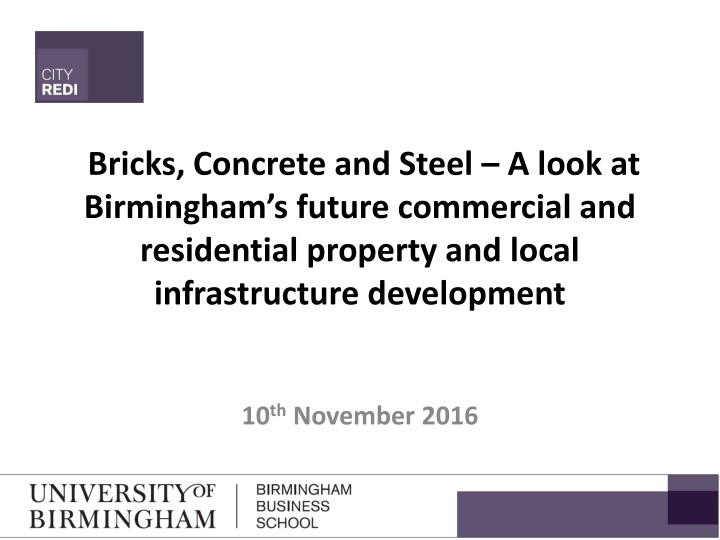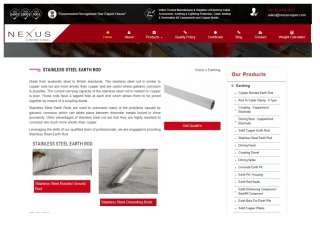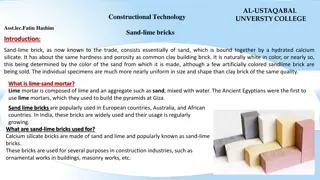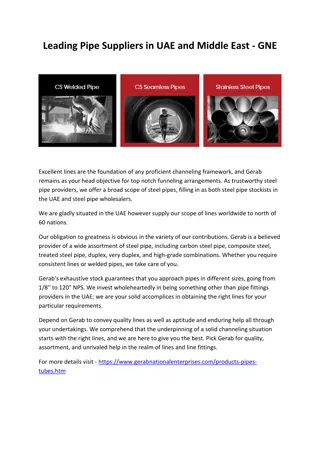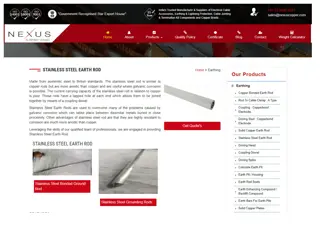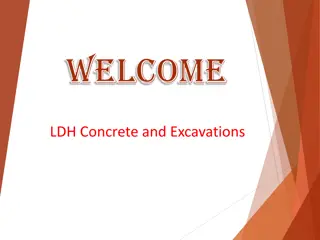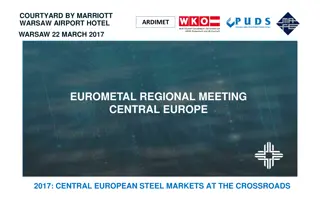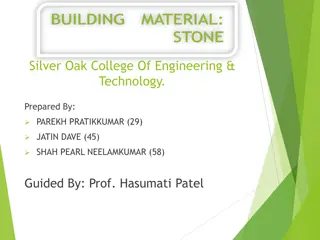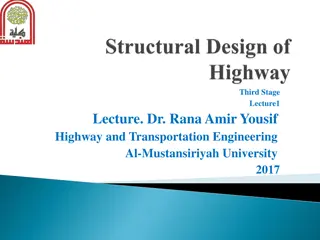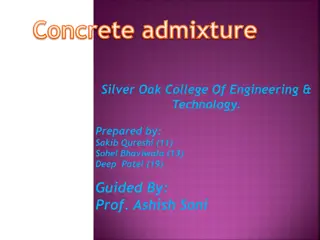Bricks, Concrete, and Steel: A Glimpse into Birmingham's Future Development
Explore the future of commercial and residential properties in Birmingham along with infrastructure development in this event held on November 10th, 2016. City-REDI and KPMG presented key findings on housing, skills gap analysis, and urban living, aiming to inform the thinking of the WMCA. The event, part of the ESRC Festival of Social Science, focused on the challenges of achieving economic forecasts within the DIEM project. Learn about the Dynamic Economic Impact Model (DEIM) and its applications in assessing investments for national growth.
Download Presentation

Please find below an Image/Link to download the presentation.
The content on the website is provided AS IS for your information and personal use only. It may not be sold, licensed, or shared on other websites without obtaining consent from the author.If you encounter any issues during the download, it is possible that the publisher has removed the file from their server.
You are allowed to download the files provided on this website for personal or commercial use, subject to the condition that they are used lawfully. All files are the property of their respective owners.
The content on the website is provided AS IS for your information and personal use only. It may not be sold, licensed, or shared on other websites without obtaining consent from the author.
E N D
Presentation Transcript
Bricks, Concrete and Steel A look at Birmingham s future commercial and residential property and local infrastructure development 10thNovember 2016
Agenda for the day 8.30-8.40am Purpose and Introduction to the work of City-REDI and KPMG Rebecca Riley, Business Development Director, City-REDI, University of Birmingham 8.40-9.00am Review of key findings from DEIM in relation to housing Mike Froom, Head of Midlands Audit, KPMG Andy Argyle, Partner, Head of Public Sector Midlands, KPMG 9.00-9.20am Review of key findings from the Skills Module, urban living and skills gap analysis Professor John R. Bryson, City-REDI, University of Birmingham 9.20-9.40am Questions from the floor Facilitated by Rebecca Riley 9.40-10.00am Break 10.00-10.40am Round table discussions
Purpose of the event Part of the ESRC Festival of Social Science, aimed at promoting research in the social sciences This session is aimed at bringing researchers together with external business and policy makers to look at current research on going in the city/region to inform the thinking of the WMCA We have chosen the specific issue of the development challenges posed by achieving the economic forecast within the DIEM project
Partners and funders Contributing research includes partners and funders such as:
Background to the work The WMCA commissioned KPMG, with City-REDI as a partner (the University of Birmingham s City Regional Economic Development Institute) to deliver an economic impact model (DIEM). In building this model a number of key challenges were raised about achieving the forecast growth This sits alongside other work being carried out by City-REDI such as: Urban Living Birmingham, looking at the key challenges for the city Skills Supply and demand modelling The Birmingham Economic Review carried out with Birmingham Chamber of Commerce which have supported the findings
DIEM The Dynamic Economic Impact Model (DEIM) provides a framework to consistently measure the economic impact of investments in a spatial context. Uses and applications of DEIM: Prioritising investment against economic and balance metrics Understanding the likely impact of that investment on net national growth Consider different types investments individually and jointly and to forecast synergies or conflicts in their consequences As part of achieving this an assessment of housing was carried out by KPMG and an assessment of skills was carried out by City-REDI
Research findings 8.40-9.00am Review of key findings from DEIM in relation to housing Mike Froom, Head of Midlands Audit, KPMG Andy Argyle, Partner, Head of Public Sector Midlands, KPMG 9.00-9.20am Review of key findings from the Skills Module, urban living and skills gap analysis Professor John R. Bryson, City-REDI, University of Birmingham
Round Table 10.00 10.40 Round table discussions Facilitated by the City-REDI team, this session will consider solutions to the lack of housing to attract the employment base needed to achieve growth forecasts What barriers exist? What are the opportunities? How can change be facilitated?
Next steps Circulation of slides Summary of the round table discussion Feed into next phases of Urban Living Birmingham and other wider research of City-REDI Feed into the WMCA as part of DIEM development and wider HE involvement
